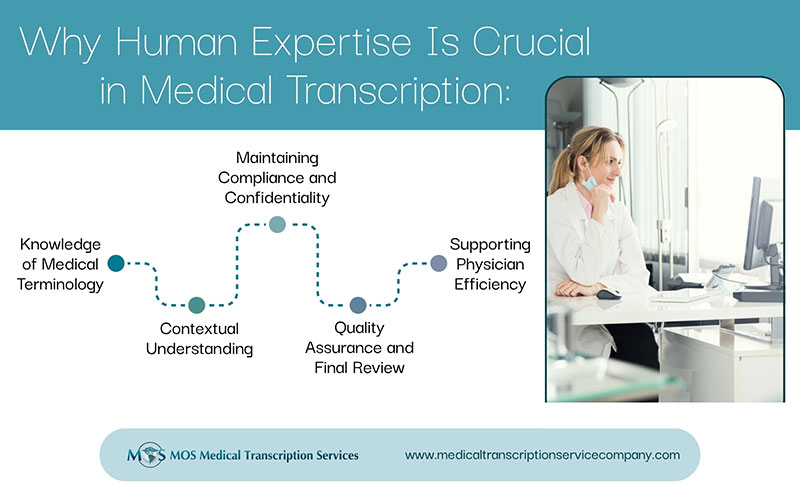 Many patients believe their medical records are reviewed for accuracy but that may not always be true. Often, patient information is wrongly entered and this shows the lack of quality assurance. Formatting errors are a major problem. Frequently found errors are those related to patient demographics, dates of services, provider name and medication. These mistakes create further issues when physicians have to refer to these details at a later time. Errors in medical records affect the quality of care provided by healthcare units, put patient safety at risk, and also create reimbursement problems.
Many patients believe their medical records are reviewed for accuracy but that may not always be true. Often, patient information is wrongly entered and this shows the lack of quality assurance. Formatting errors are a major problem. Frequently found errors are those related to patient demographics, dates of services, provider name and medication. These mistakes create further issues when physicians have to refer to these details at a later time. Errors in medical records affect the quality of care provided by healthcare units, put patient safety at risk, and also create reimbursement problems.
A Weak Medical Record – An Invitation to Litigation
Medical records are the most important objective evidence hospitals and physicians can offer in their defence against malpractice claims. These documents created at the time of treatment become the defendant’s most decisive confirmation that he or she has followed the accepted standards of medical practice. Weak medical records invariably handicap litigation defence. Poor medical records make it difficult to determine whether an adverse outcome resulted from factors beyond the physician’s control or from negligence of medical records. Apart from medical-legal considerations, the most important reason why physicians should maintain accurate and credible medical records is to ensure optimal care for their patients.
Quality Assurance (QA) of Medical Records
There have always been QA processes in healthcare organizations that have in-house transcription departments or hire a medical transcription service that ensures good quality of medical records. They do their best possible job to maintain the credibility of these documents. However, the standards behind those QA processes may be different because every company / every department may have their own standards to define quality of documentation. Preventing errors before they occur should be the goal of physicians and clinicians when preparing medical documentation. Quality Assurance programme must begin when medical transcriptionists are hired; this prevents waste of time and effort. For better quality medical documentation, the following measures can be taken.
- Train newcomers to ensure that they meet all quality standards.
- Communicate properly with the client to address errors in dictation whenever it is needed.
- Allow time for transcriptionists/editors to research documentation questions.
- Ensure that all style changes are communicated to transcription companies in a timely manner.
- Each healthcare organization must perform objective QA process for software, resources and personnel, and standardize procedures.
Outsourcing Medical Transcription
Medical transcription outsourcing to an experienced service provider enables you to deal with variation in terms of staffing requirements and amount of transcription workload in a cost-effective way. Reliable medical transcription services help to mitigate risk with cost-effective, accurate and timely documentation. On the revenue side, when the medical documentation is accurate and updated the medical claims submitted for reimbursement will also be accurate. This will help minimize denials and ensure timely payment.


